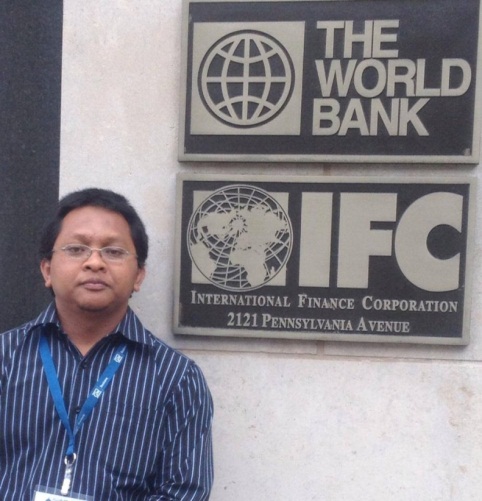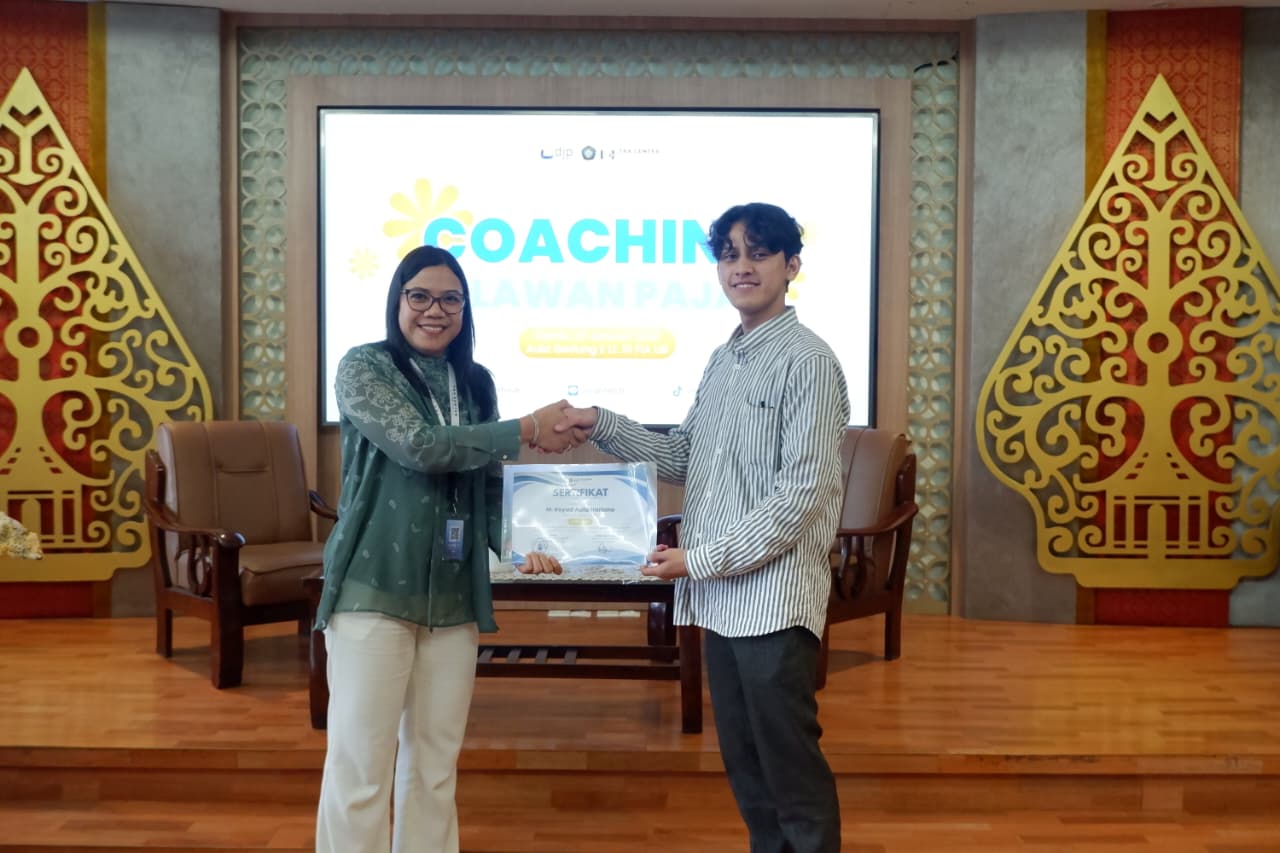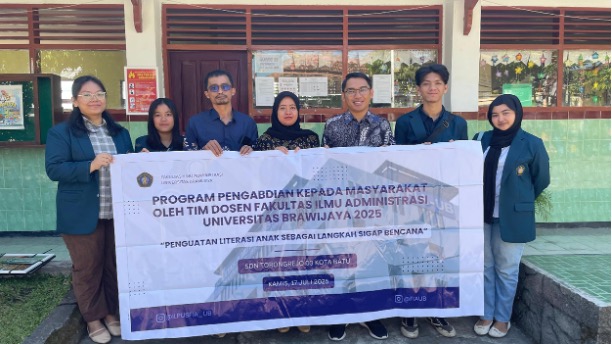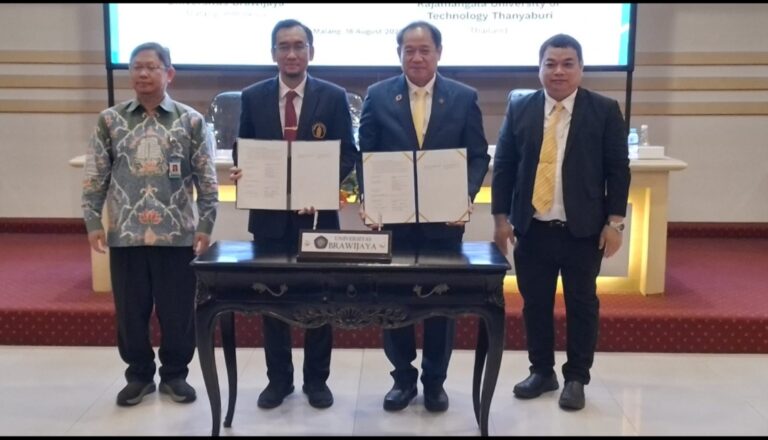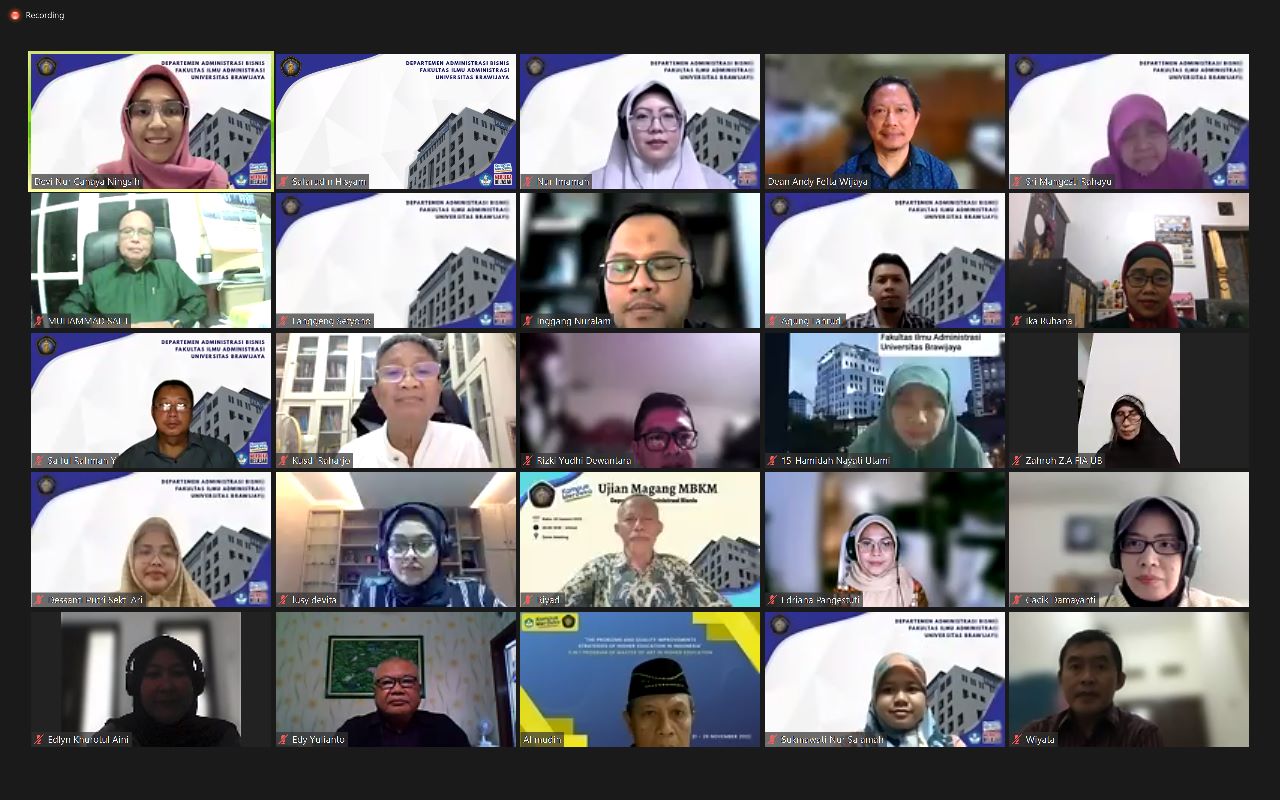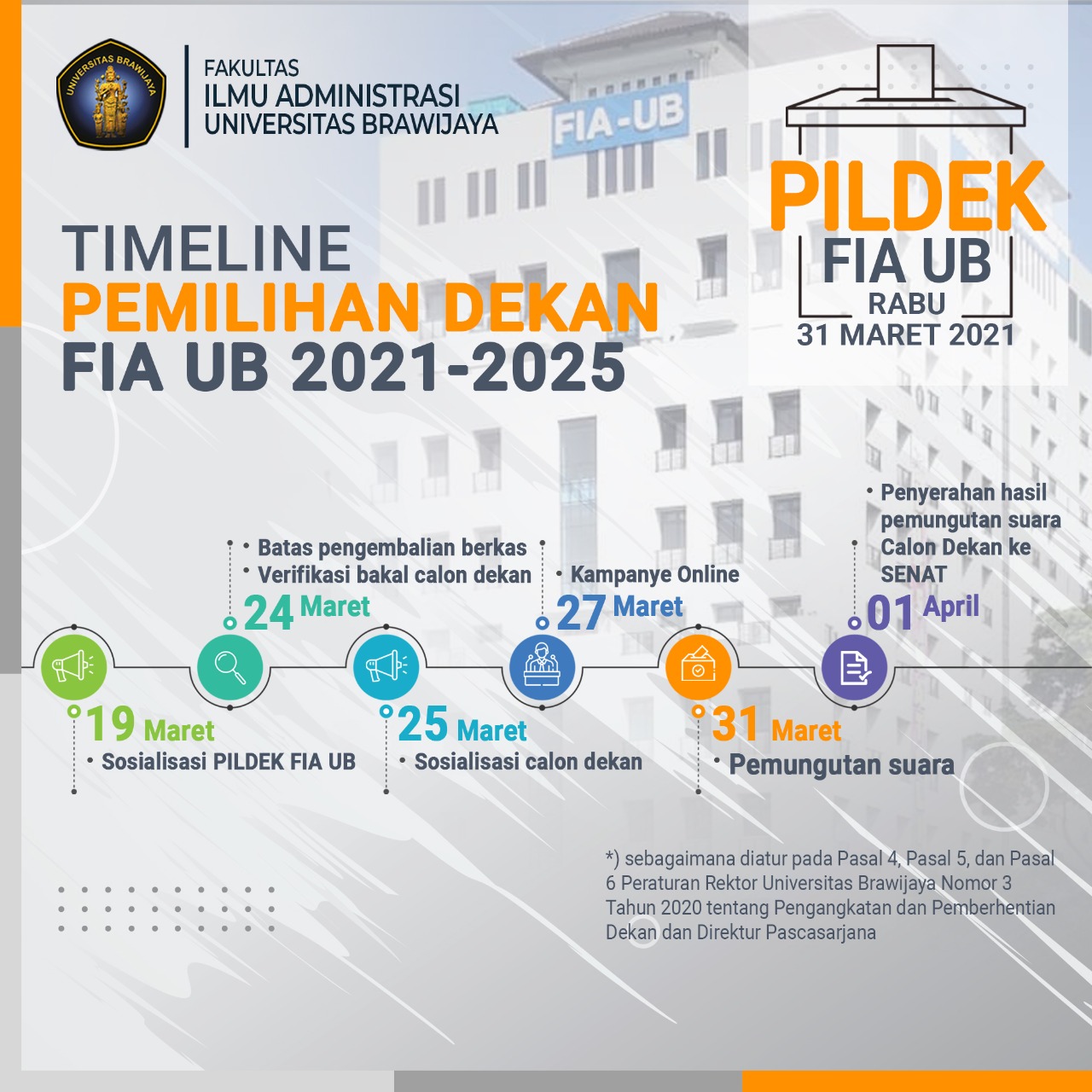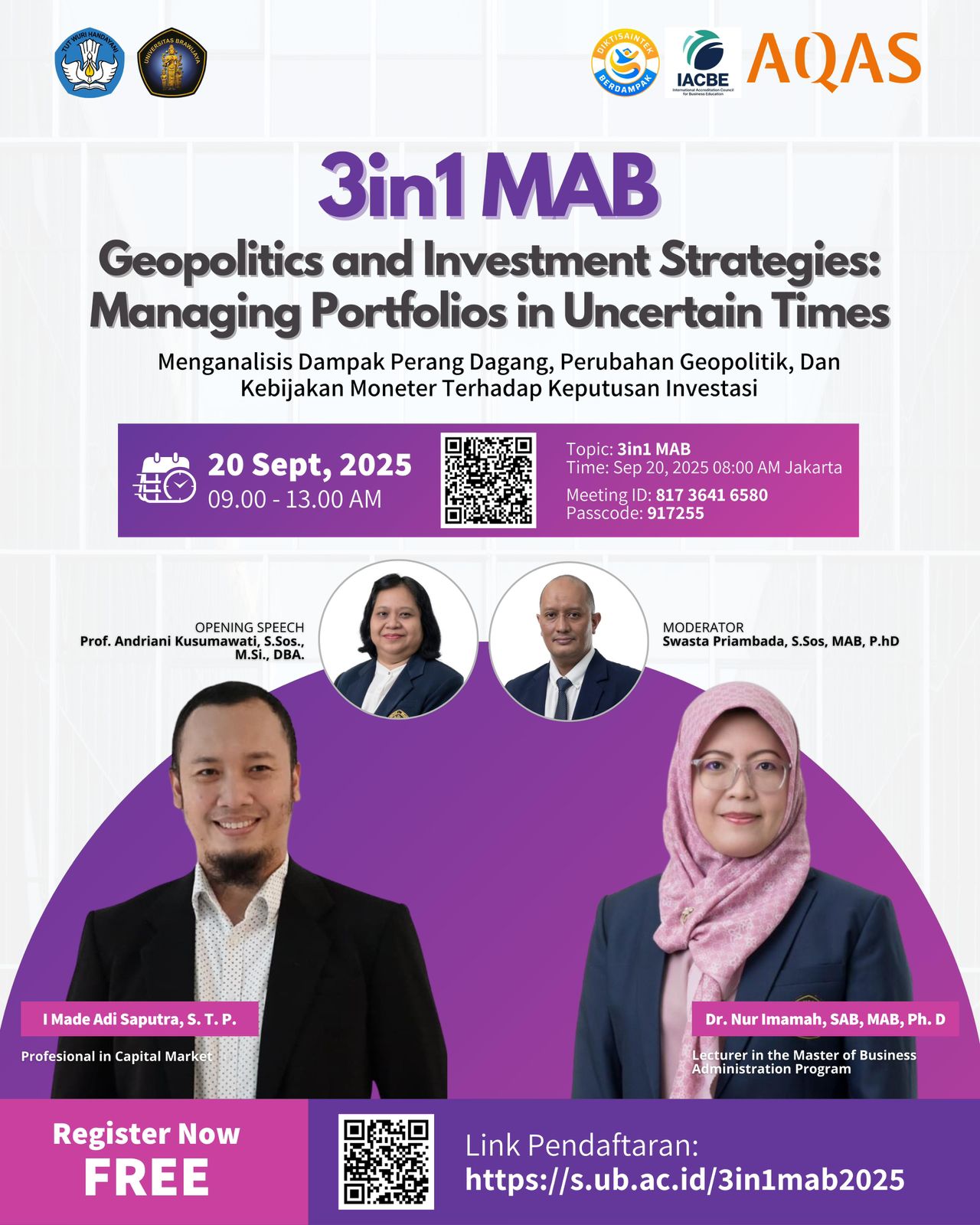(Report by Mukhamad Kholid Mawardi, FIA UB lecturer from Washington DC, USA)
Washington DC., FIA UB. Global Entrepreneurship Research and Policy Conference 2013 is a meeting forum for experts and researchers in the field of entrepreneurship and small businesses to present research and discuss policies related to the development of entrepreneurship and small businesses in the world. The conference this time was held in Washington DC on 16-19 October 2013 in collaboration with the World Bank, ICSB (International Council for Small Business), and The George Washington University.
This conference is divided into four sessions, namely: (1) social entrepreneurship training, (2) presentations on the results of research on the development of entrepreneurship and small businesses in the world by international institutions, for example, the World Bank, GEM (Global Entrepreneurship Monitor), and the Kauffman Firm Survey, (3) Policy panels in the field of entrepreneurship and small businesses featuring speakers including: Jeff Hofman (the white house consultant for small business development), Zoltan Act (Entrepreneurship expert from George Mason University), Paulo Correa (Economist from the World Bank), Salvatore Zecchini (Chairman of the small business and entrepreneurship development working group for OECD countries) and several other experts, (4) Research results presentation session. This last session presented 34 research results from 20 countries that had been selected selectively by the committee and reviewers from Journal of Small Business Management.
In this session, I presented the final part of my doctoral dissertation at the Faculty of Business, University of Wollongong, Australia with the title “MSME Empowering policy; Does it matter for developing countries?”. The results of this research are motivated by the phenomenon that SMEs have been considered aseconomy engine' in economic development in both developed and developing countries so that many policies and programs are implemented to encourage the development of MSMEs. However, in reality, the number of programs and the amount of budget allocated for MSME development do not contribute to the vitality of MSME. From the case studies that I conducted in several MSME industry centers in East Java, it proves that government policies at both the national and regional levels have not had a significant impact on the existence of MSMEs in these industrial centers. This research succeeded in finding the fact that in fact the vitality of MSMEs in industrial centers is more influenced by the ability of MSME actors to create joint efficiency in industrial centers through the use of local externaleconomy and joint action. Furthermore, this research also reveals that the success of MSME actors in creating economic benefits cannot be done instantly, but through a relatively long process and requires the existence of social capital.
At this conference, I also had the opportunity to explore collaboration opportunities with the National Federation of Independent Business (NFIB) Smalaa Business Economic Trends to involve Indonesia in the Global Economic Monitor (GEM) survey. This opportunity for cooperation received a positive response from NFIB because it is based on the fact that Indonesia as a country with a population of more than 240 million and where 99% has a MSME composition, will certainly contribute to mapping the development of entrepreneurship and small businesses. (FIA UB/Mukhamad Kholid Mawardi/SP)

